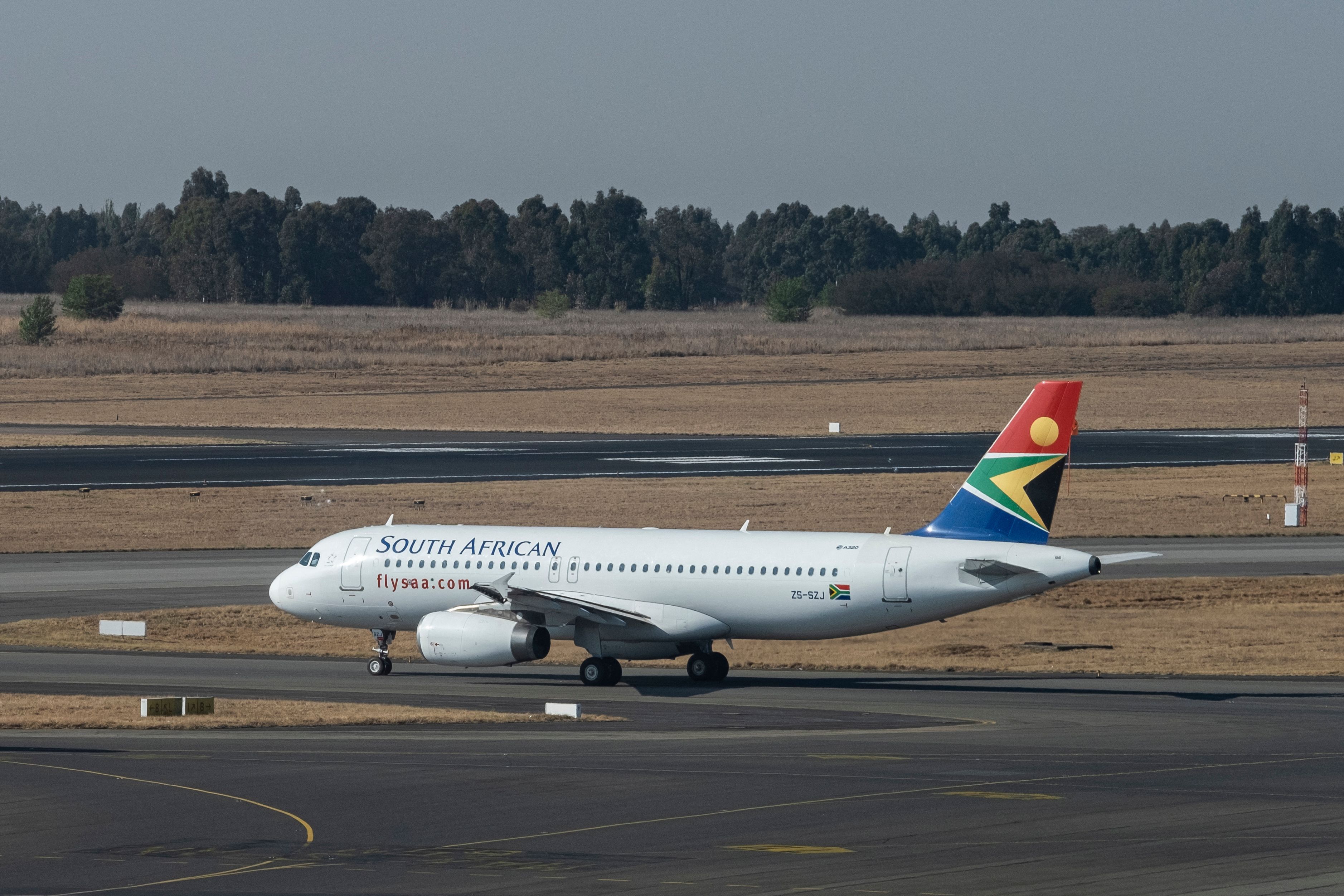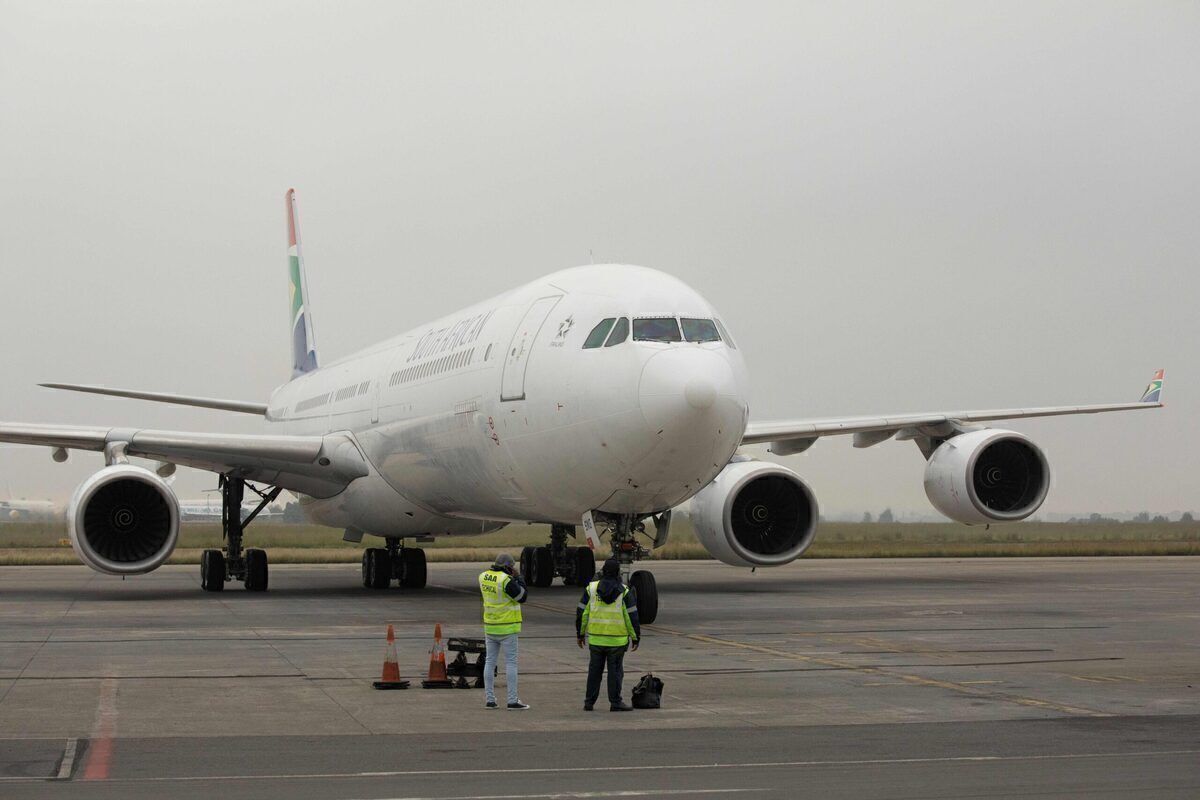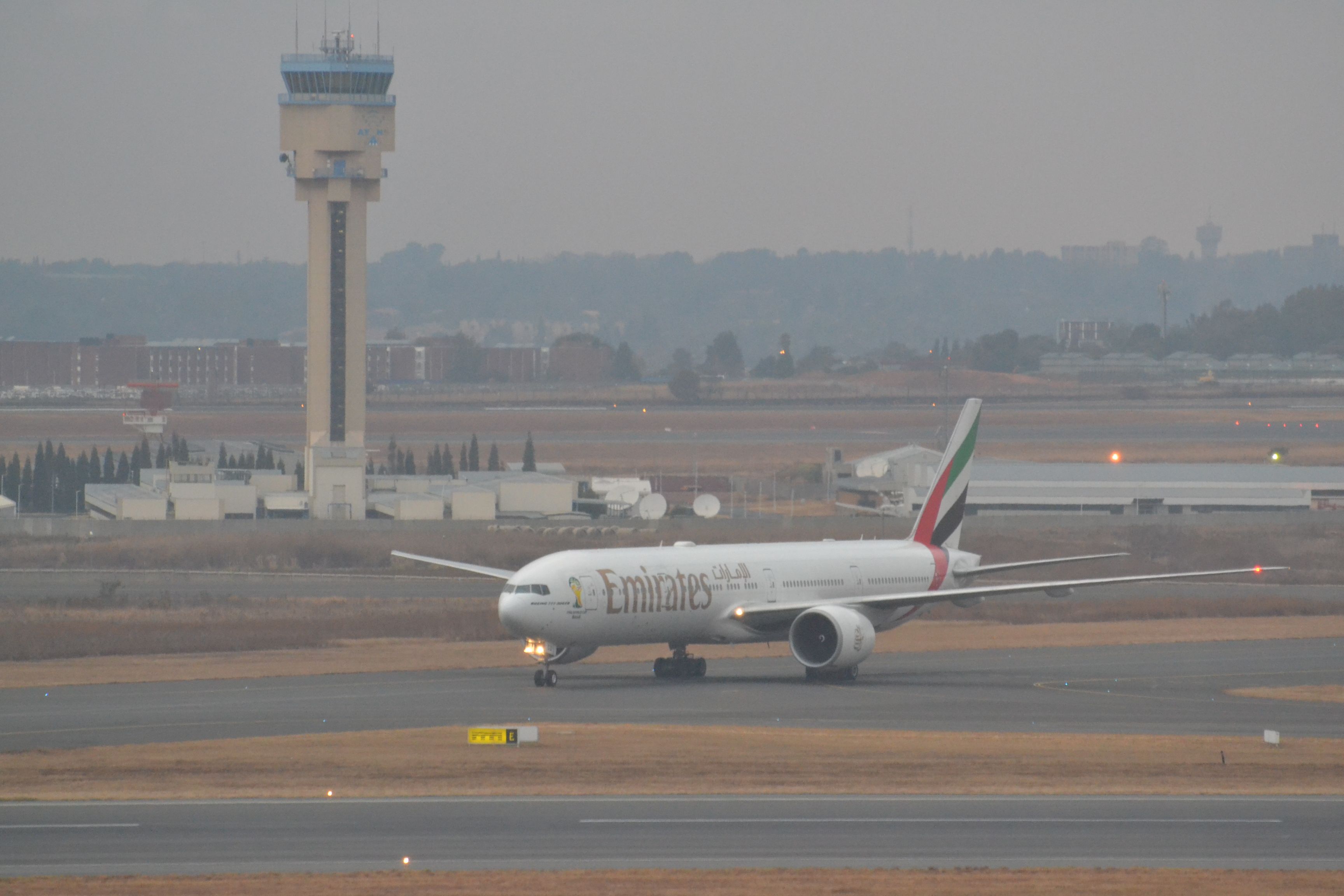After suffering from fuel shortages over the last week, OR Tambo International Airport claims it has enough fuel to meet the demand of airlines. Recent flooding in KwaZulu-Natal led to significant infrastructure damage, impacting the supply of fuel to Johannesburg's airport.
Johannesburg can meet fuel demands
Airports Company South Africa (ACSA), which is in charge of nine South African airports, including OR Tambo International Airport (JNB), has announced that the supply of jet fuel to Johannesburg is stable and it can sufficiently meet fuel demands from airlines.
The airport management company claims to have around three or four days' worth of fuel. JNB has suffered from intermittent fuel shortages over recent months, but the situation has worsened after significant flooding in the KwaZulu-Natal province.
ACSA CEO Mpumi Mpofu said,
"OR Tambo International Airports is currently operating on three to four days’ worth of stock which will be sustained over the next six weeks. We have confirmation from the National Petroleum Refiners of South Africa (NATREF) of an additional supply of 14 million liters of jet fuel. Additionally, we are expecting a shipment of 10 million liters on 5th May which will assist in stabilizing ACSA’s fuel levels to approximately three to four days’ worth of stock."
Fuel shortages at JNB have already impacted some airlines, including United Airlines, which canceled Johannesburg flights this week.
Rationing fuel
While JNB has enough fuel to remain operational, the airport won't be able to fully meet the fuel demands of carriers. Instead, it plans to ration its fuel reserves by asking airlines to take the minimum amount of fuel from JNB.
Group executive for operations management at ACSA, Terence Delomoney, said,
"Instead of them taking all the fuel from OR Tambo, you take the minimum fuel from OR Tambo."
This may require carriers to load up on fuel from their point of origin, a practice known as "fuel-tankering." Airlines have been reprimanded over fuel-tankering in the past as it generates greater carbon emissions due to the extra weight.
Simple Flying took a closer look at what fuel-tankering is and why it should be a concern. Alternatively, airlines could follow the lead of Virgin Atlantic, which has diverted flights via Durban for refueling purposes until the shortage is resolved.
Discover more aviation news with Simple Flying.
Severe infrastructure damage
Flooding has hit the KwaZulu-Natal region since early April and caused significant damage and loss of life over the past few weeks. Current estimates claim the flooding has led to over $650 million worth of infrastructure damage and caused 430 deaths.
Photo: BlogDeBanderas via Wikimedia Commons
About 140 sections of Transnet freight rail lines have been damaged, meaning that the majority of rail tanks destined for OR Tambo International Airport have failed to arrive. Out of 67 tanks en route to the airport, only 11 have arrived.
The remaining 56 rail tanks will be transported to a National Petroleum Refiners of South Africa (NATREF) facility at Sasolburg and delivered to JNB by pipe instead.
Has your flight at OR Tambo International Airport been affected by the fuel shortage? Let us know in the comments.



